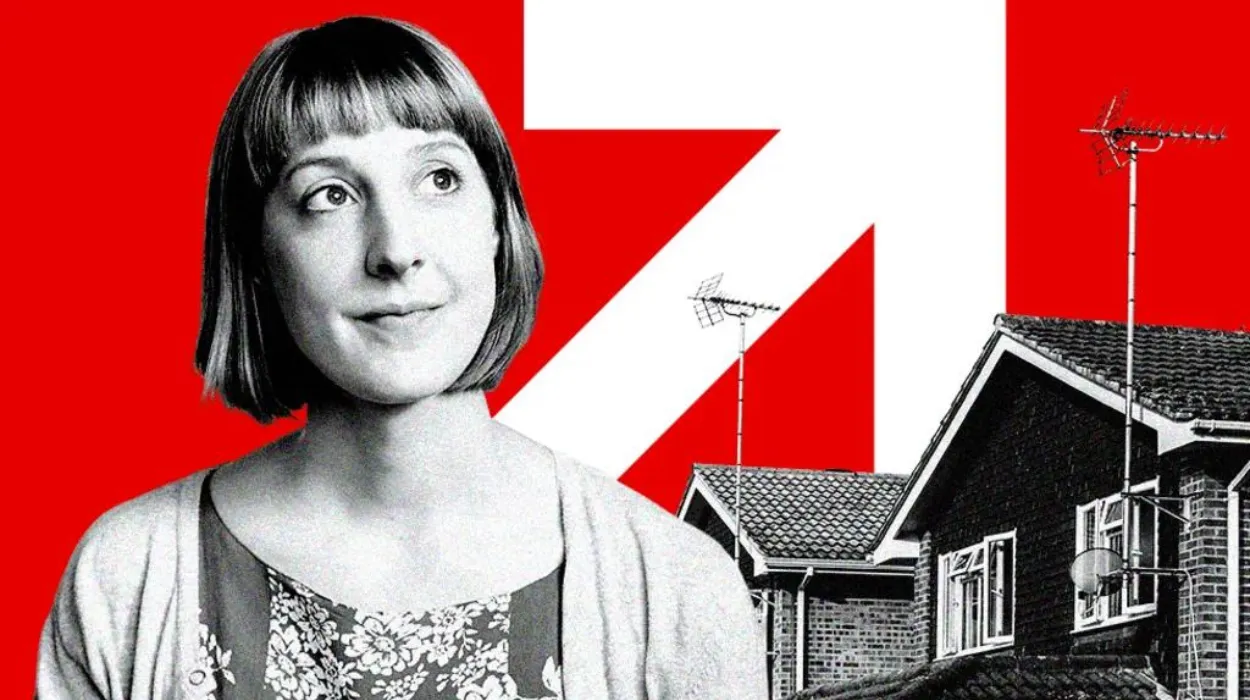With interest rates holding steady at 5.25% since August, it may take some time before they begin to decrease. This poses challenges for the 1.6 million UK homeowners whose low fixed-rate deals are set to expire by the end of December 2024. When they remortgage, they will inevitably face higher costs.
Over 1.4 million people on tracker and variable-rate mortgages, who have already experienced immediate increases in their monthly payments, are eagerly hoping for a reduction in rates. In the meantime, here are some strategies from top UK mortgage experts to help manage rising costs.
Make Overpayments Now, If Possible
If you’re still benefiting from a low fixed-rate deal, consider making overpayments on your mortgage to make the most of your current rate. Most lenders allow up to 10% in overpayments per year. However, David Hollingworth from mortgage brokers London & Country advises keeping some cash aside as an emergency fund, as money used to reduce your mortgage won’t be easily accessible. Alternatively, saving in a high-interest account can help accumulate funds to pay down the mortgage when you eventually remortgage.
Consider Switching to Interest-Only Payments
An interest-only mortgage means you’re only paying the interest on the loan, not reducing the principal amount. Switching to this type of mortgage can help keep your monthly payments manageable. Richard Dana, CEO of digital mortgage broker Tembo, suggests using this as a temporary solution. Keep in mind that the remaining mortgage balance will still need to be paid off at the end of the term. Your eligibility will depend on your income and the amount of equity you have in your property.
Downsize Your Home
While not always feasible for growing families or those with small flats, downsizing can be a practical solution for older homeowners whose children have moved out. Selling your current home and buying a smaller property can reduce your mortgage balance—or even eliminate it entirely. Rachel Springall from financial data firm Moneyfacts stresses the importance of seeking independent advice to explore all available options, including downsizing, especially for those struggling to afford higher interest rates when remortgaging.
Extend Your Mortgage Term
While the standard mortgage term is 25 years, many lenders now offer terms of 30 or even 40 years. Extending your mortgage term can lower your monthly payments, but it can also significantly increase the total interest paid over the life of the mortgage. David Hollingworth advises regularly reviewing your mortgage to see if you can shorten the term as your financial situation improves.
Generate Income from Your Property
There are various ways to make extra money from your home. You could list your property on short-term rental platforms like Airbnb, rent out your parking space via apps like Just Park, or take in a lodger or international student. Richard Dana notes that under the UK government’s Rent-a-Room scheme, you can earn up to £7,500 per year tax-free from renting out part of your home.


